Best Foods for Kidney Health
Living with chronic kidney disease, you need to pay close attention to what you eat and drink. Find out the secrets to a kidney-friendly diet.

By Brett Rosenthal, DO, Nephrologist — Virtua Nephrology
If you have chronic kidney disease (CKD), you need to pay close attention to what you eat and drink. That’s because your kidneys can no longer effectively remove fluids and waste products from your body.
In the early stages of CKD, you may have few limits on what you can eat and drink. But as your condition progresses, your health care provider or dietitian may place you on a more kidney-friendly diet. Indeed, many foods that are part of a typical healthy diet may not be right for you.
Here are some choices they may recommend.
Items to Avoid
It’s important to have the right balance of foods that provide enough nutrients for your body but do not stress your kidneys. Limit foods high in:
- Sodium—Increases your blood pressure and contributes to fluid buildup in the body. Steer clear of table salt, seasonings like soy sauce and garlic salt, and processed, pickled, and canned foods. Try fresh garlic, lemon, ground pepper, dill, or onion powder instead.
- Phosphorus and calcium—These minerals help keep your bones healthy and strong, but in large quantities can damage your blood vessels, eyes, and heart. Foods high in phosphorus include meats, dairy products, most grains, legumes, nuts, and some seafood.
- Potassium—Potassium keeps your nerves and muscles working well. However, high levels in your blood can lead to heart problems for people with CKD. Limit foods like oranges, prunes, bananas, tomatoes, egg yolks, avocados, and potatoes (including French fries).
- Protein—Protein makes your kidneys work harder and eating high amounts can lessen their ability to remove wastes from the body. Minimize eating animal proteins like meats, some seafood, and dairy products. Plant-based alternatives, such as soy- and legume-based products, are satisfying and easier on your kidneys.
- Alcohol—Drinking alcohol hinders your kidneys’ ability to filter blood and keep the right amount of water in your body.
Kidney-Friendly Foods
These foods are easier on your kidneys:
- Arugula—Lower in potassium than other greens, but still contains fiber and other beneficial nutrients.
- Apples—High in fiber and anti-inflammatory compounds, you can eat them raw, cooked, or as juice or cider.
- Berries—Blueberries, strawberries, cranberries, raspberries, red grapes, and cherries are good sources of fiber, vitamin C, and antioxidants.
- Peaches, plums, and pineapples—Sweet and lower in potassium than nectarines, mangos, and papaya.
- Fish—Salmon, mackerel, tuna, and herring are rich in omega-3 fatty acids and can reduce fat levels in the blood and lower blood pressure.
- Cabbage—High in vitamins B6, C, fiber, and folic acid, you can eat it raw or cooked.
- Cauliflower—Packed with vitamin C, folate and fiber, it also contains compounds that help the liver neutralize toxins. It’s also a good replacement for rice or mashed potatoes.
- Asparagus—Dense in almost every vitamin and mineral you need.
- Green beans, wax beans, and snow peas—Low in potassium, but eat them fresh rather than dried.
- Onions—Can help reduce inflammation and boost immune health.
- Red bell peppers—High in flavor, they’re low in potassium and good sources of vitamins A, C, and B6, folic acid, and fiber.
- Garlic—Fresh or minced, it reduces inflammation and can replace salt for seasoning.
- Olive oil—Helps reduce inflammation in the body.
- Egg whites—Provide protein with less phosphorus.
If you are on dialysis, your provider may further refine your diet to meet your nutritional needs.
Get Started on a Kidney-Friendly Diet
A Virtua Health registered dietitian can help you develop a healthy, well-balanced eating plan, to help with kidney health as well as weight loss, diabetes, and heart disease management.
Find a Virtua Nutrition location near you and schedule an appointment online today.
There's So Much More to Explore
Discover expert insights, inspiring stories, health tips, and more by exploring the content below!

Understanding Food Addiction: Causes, Symptoms, and Recovery Strategies

10 Hand Washing Tips to Keep You Healthy All Year

Cervical Cancer Screening Guidelines: What You Need to Know

Healthy Snack Recipes for Kids: Fast, Fun, and Full of Flavor

What To Eat Before And After Your Workout

HeartTalk Magazine

How to Spot the Early Signs and Symptoms of a Stroke

How Weight-Loss Surgery Can Improve Diabetes, Heart Health, and More

How to Achieve Your Health Goals This Year

Knee Replacement Rehab: 7 Exercises to Restore Your Strength and Range of Motion

Caregiving During the Holidays: Ways to Manage Stress and Find Joy

Bioidentical Hormone Replacement Therapy Pellets: Relief for Menopause and Andropause Symptoms

COVID-19 Vaccines and Pregnancy: FAQs

COMFORTing Tips to Avoid Holiday Heartburn

How to Tell the Difference Between Cold, Flu, and COVID-19

How to Bounce Back From Holiday Overeating

Daily Wellness Checklist: Simple Habits for Feeling Good Inside and Out

3 Reasons Why Now's the Time to Find Relief From Varicose Veins

How to Get and Stay Healthy This Fall

How to Reverse Prediabetes and Prevent Type 2 Diabetes

6 Ways to Get More Out of Your Daily Walk

Is Cancer Hereditary? What You Need to Know About Your Genetic Risks

Is Your Post-Pregnancy Belly Bulge a Sign of Diastasis Recti?
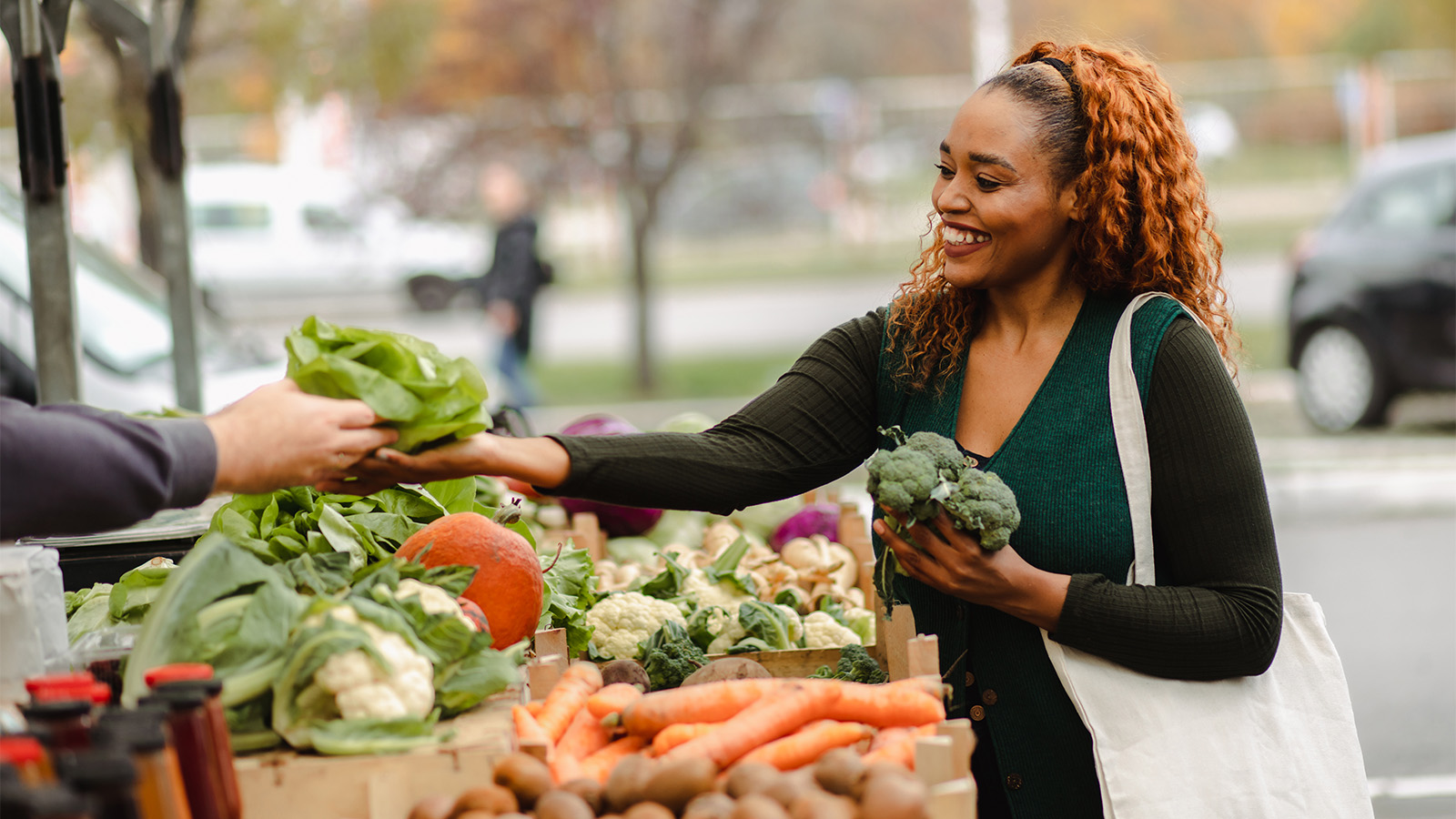
Fall Vegetables: The Health Benefits and Recipes to Try This Season

Your Guide to Mammograms: When to Get Screened and What to Know
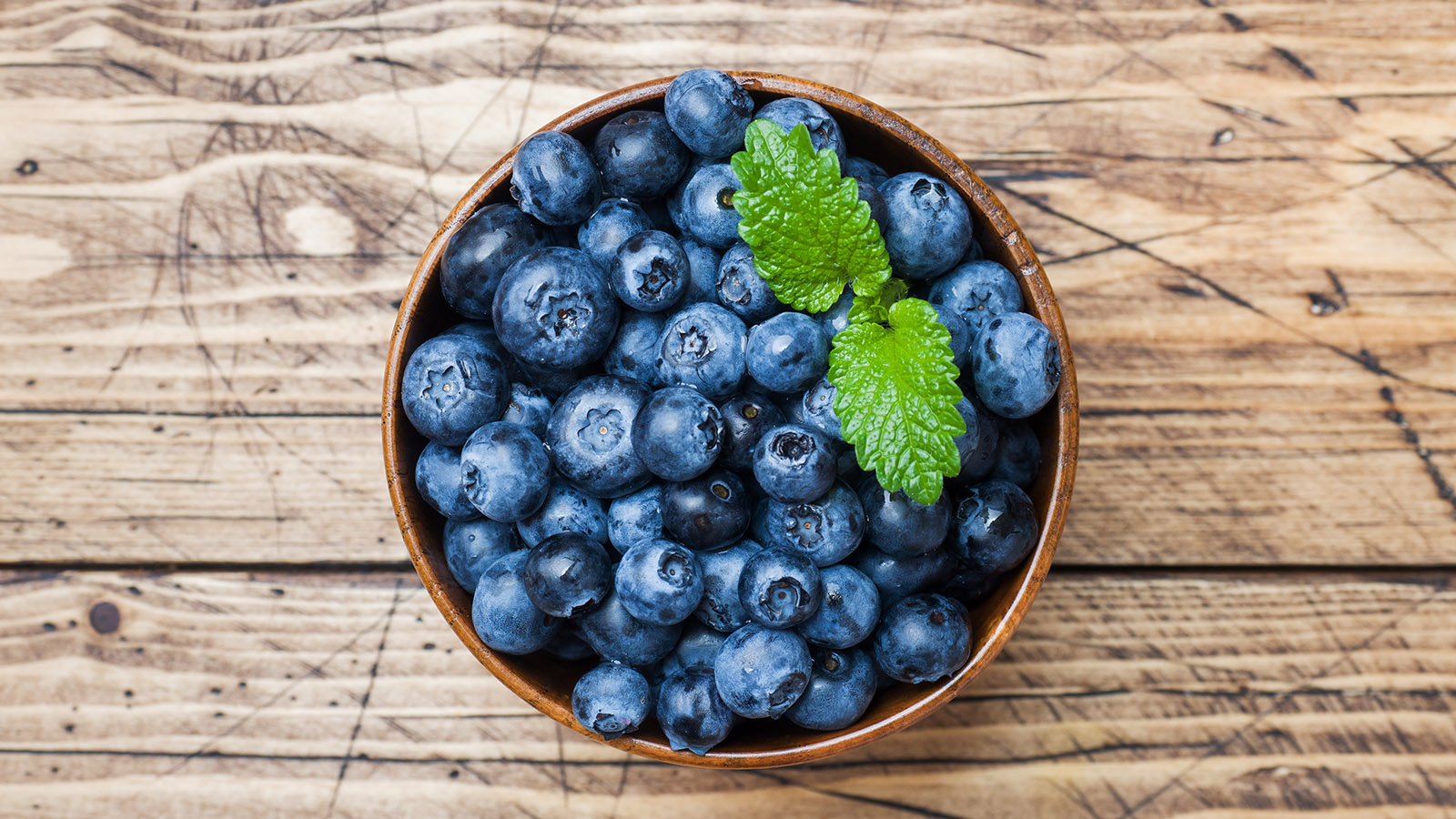
The Top 10 Foods That Boost Your Brain Health

Is It Safe to Exercise During Pregnancy?
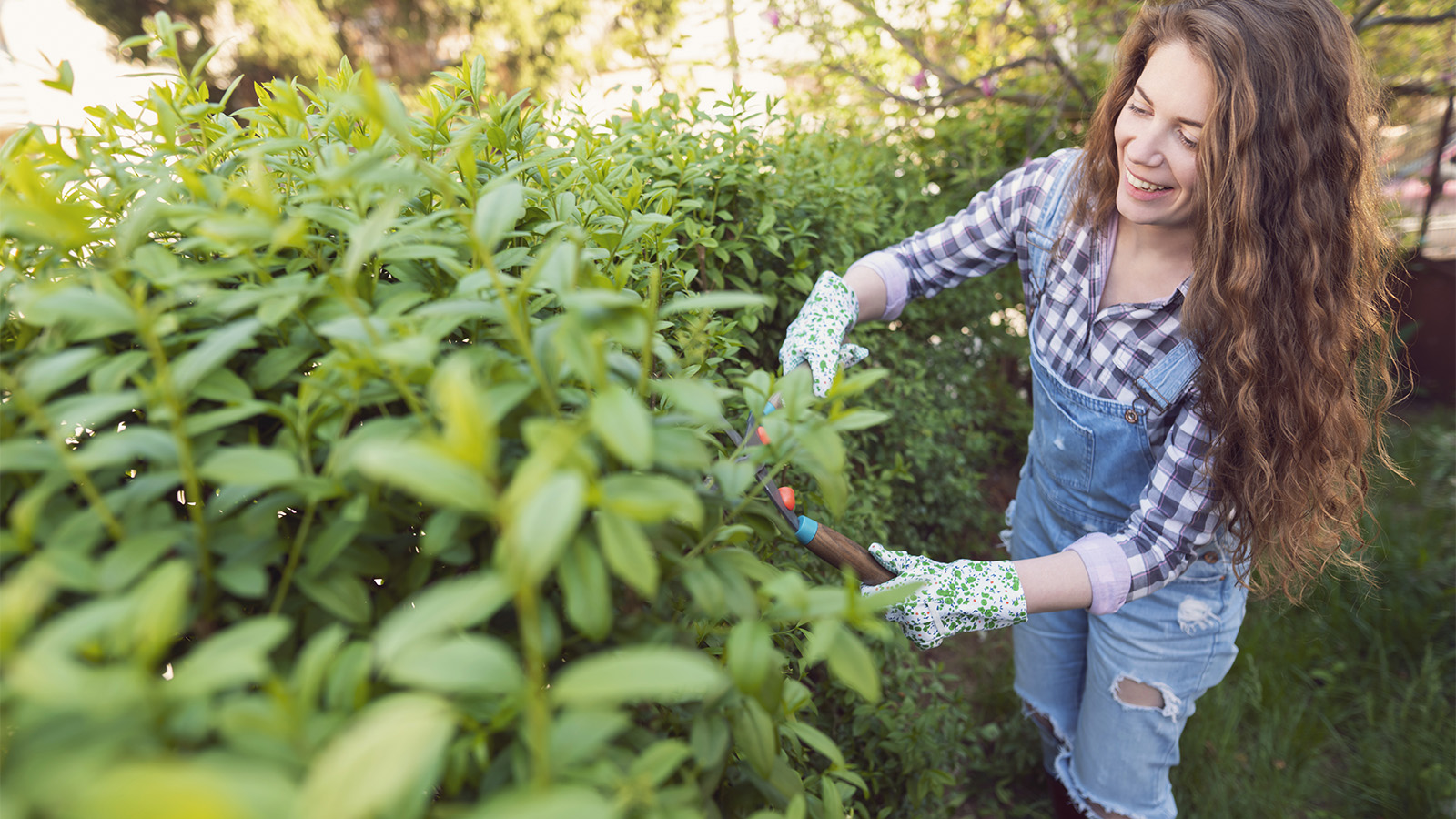
Prevent Yard Work Injuries: Tips for Mowing, Gardening, and Raking
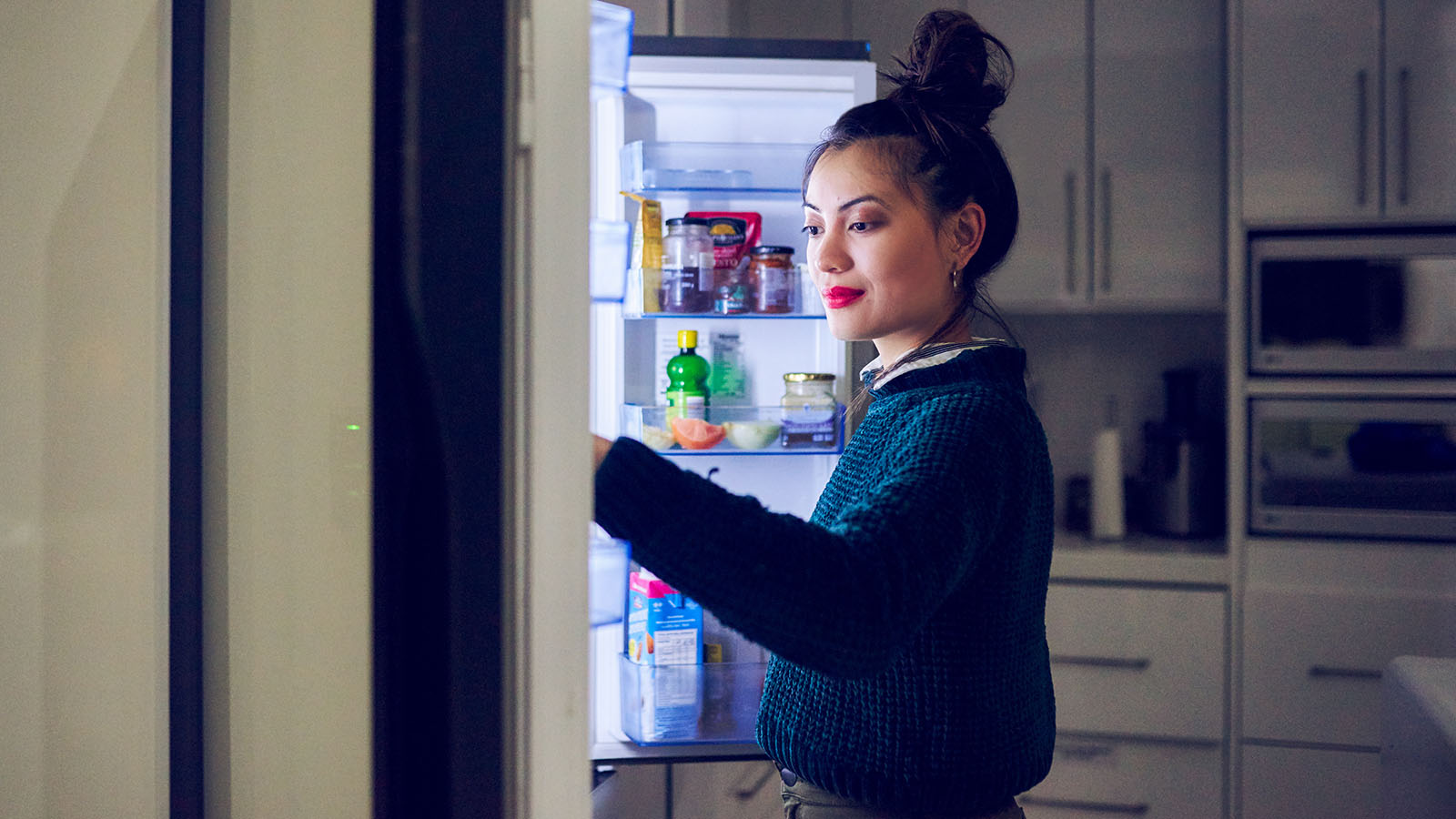
How to Curb Nighttime Snack Cravings

Is Your Daily Walk Making You Really Sore?

IBS and Alcohol: Can You Still Enjoy a Drink?

'Feeling Joy Again': ECT Brain Stimulation Therapy Restores Ashley's Well-Being

How High Blood Pressure Affects Your Body

Easy, Healthy Lunch Ideas for the Beach

How to Stay Cool and Prevent Heat Illness All Summer Long

Do Not Get Burned by These Sunscreen Myths

Beat the Bugs and Save Your Summer

How to Have a Healthy Pregnancy if You're Overweight

Why You Get Sick on Vacation (and How to Stay Healthy While Traveling)

6 Hot Tips for a Safer Summer

4 Surprising Health Truths You Should Know

5 Interesting Facts About Your Heart

Is Low Sex Drive Normal? Revealing the Complex Causes of Low Libido in Women
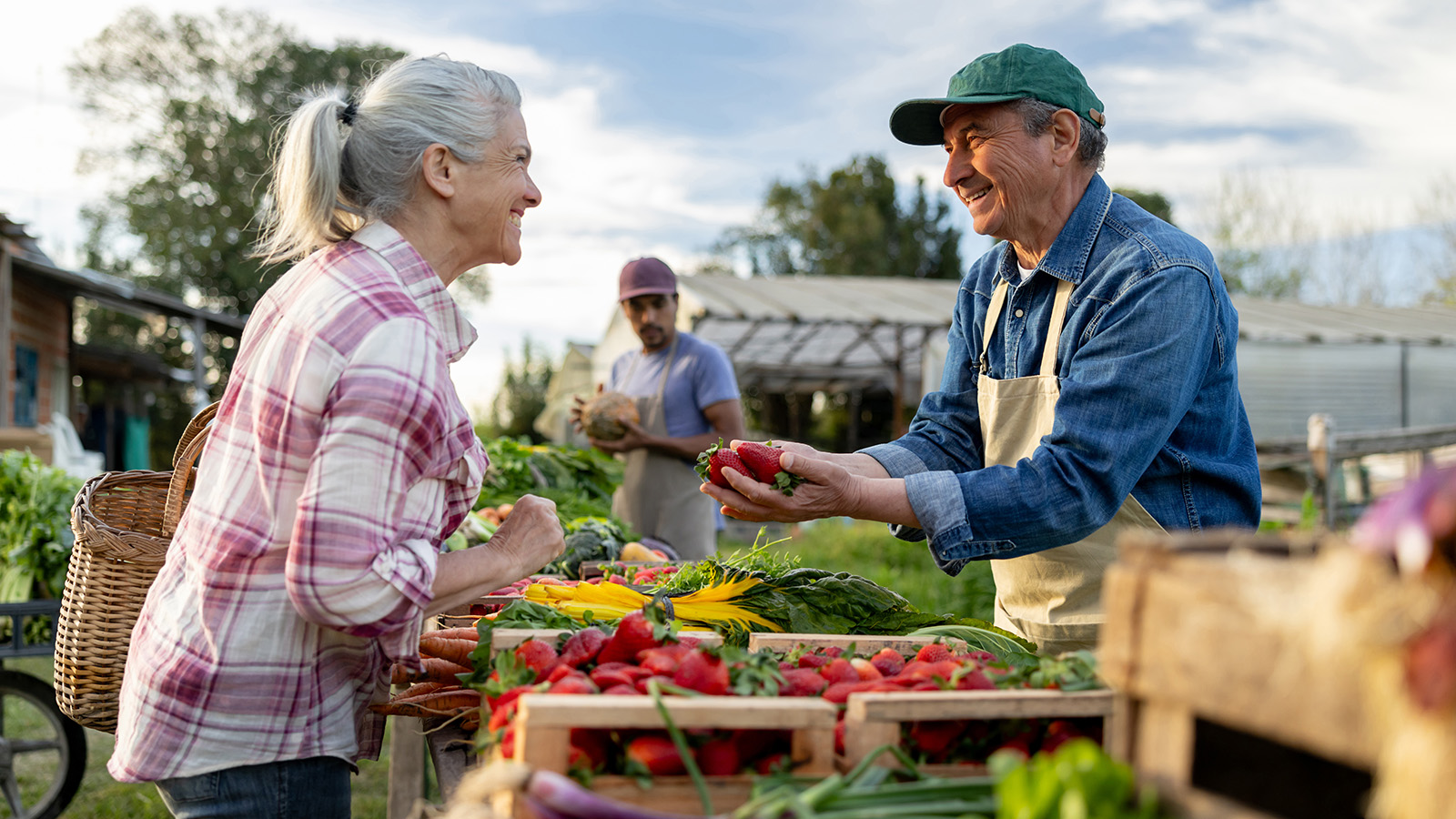
5 Feel-Good Activities to Explore Around South Jersey

Stress Incontinence vs. Urge Incontinence: What's the Difference?
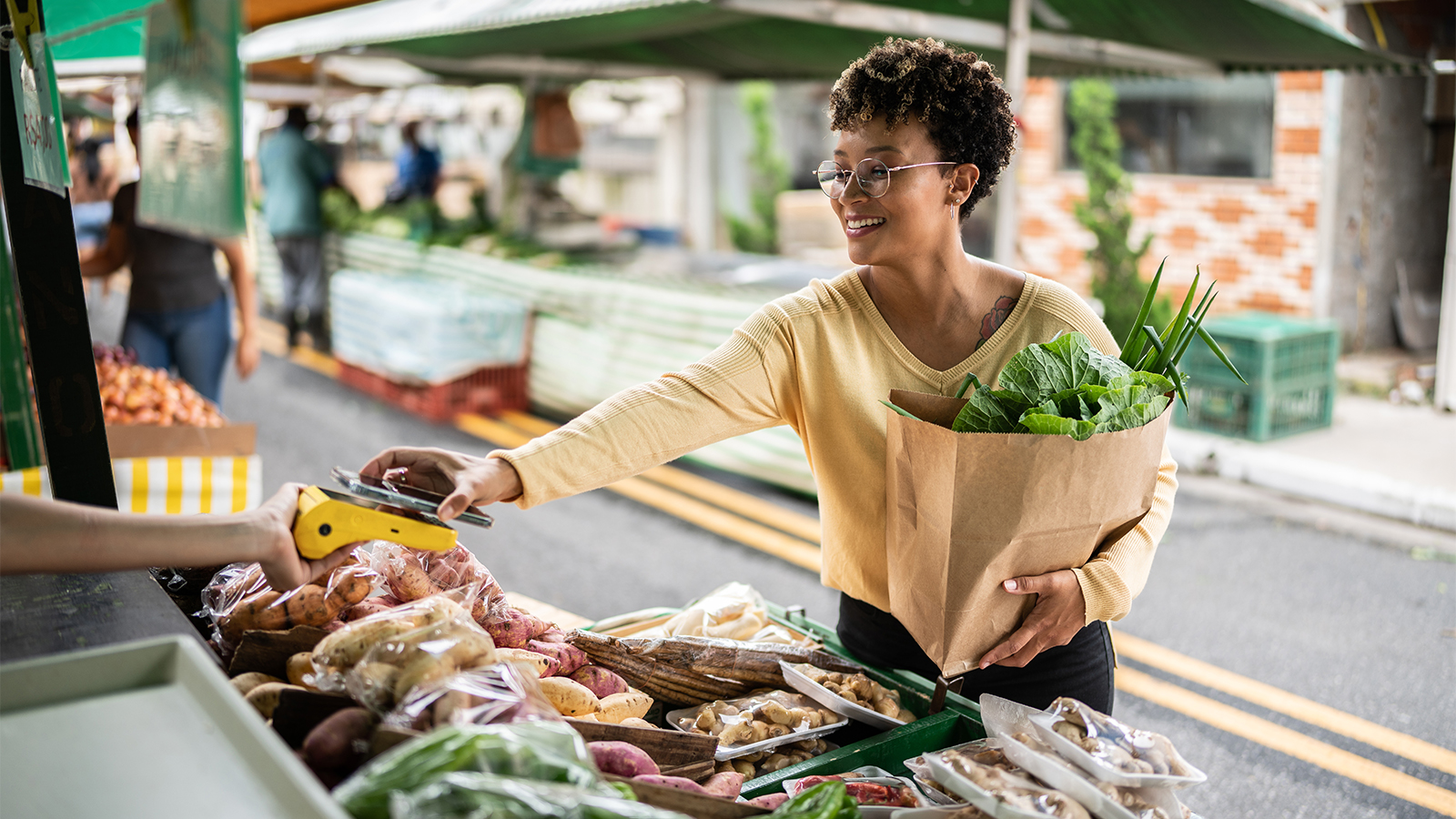
3 Changes You Can Make Today to Lower Your Cancer Risk

A Lung Cancer Screening Could Save Your Life

Take Pride in our Health: Must Dos for LGBTQ+ Preventative Care

Protect Yourself From Tick Bites and Lyme Disease
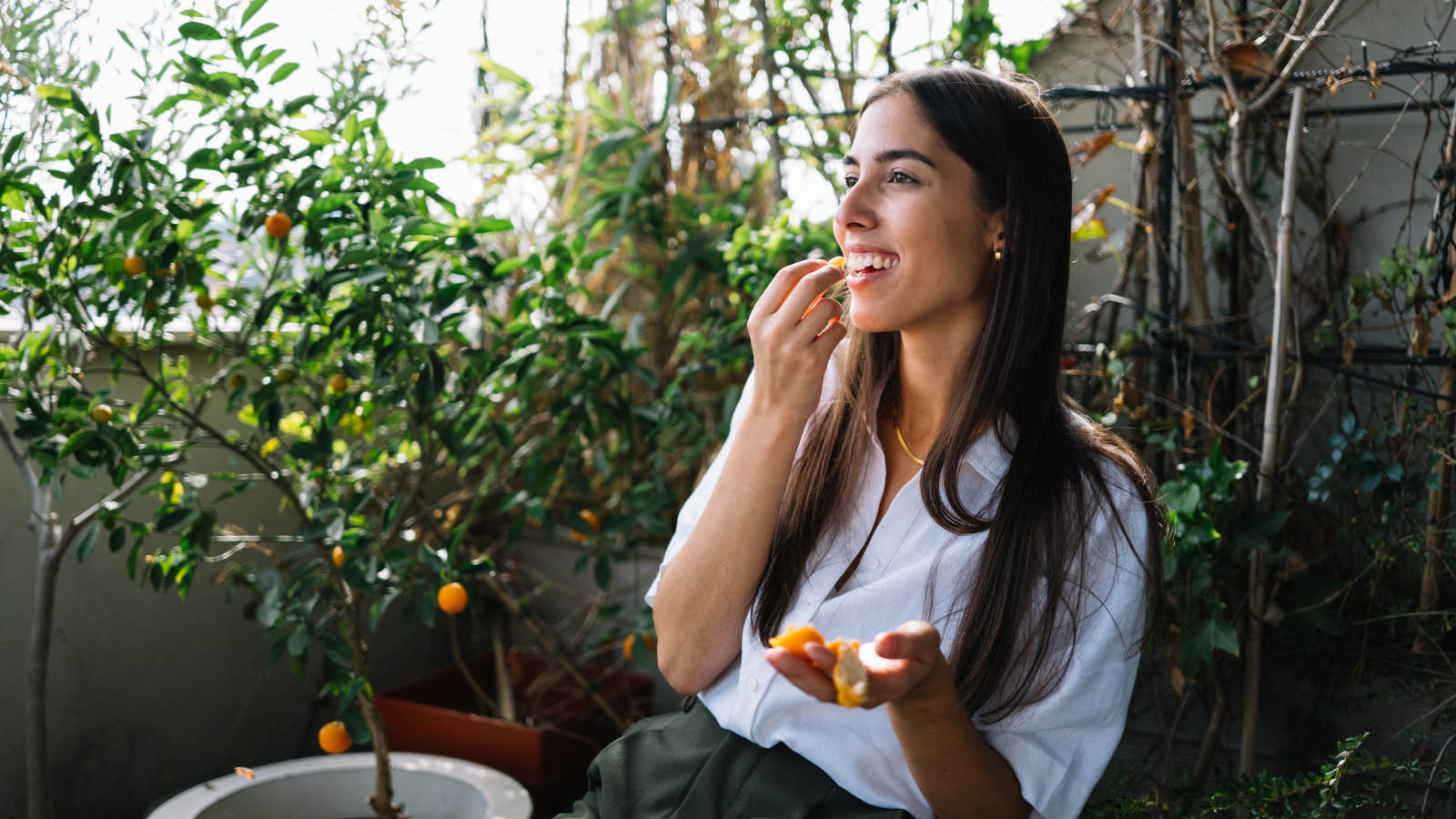
5 Light and Healthy Recipes Perfect for Spring

10 Quick Ways to De-Stress

4 Ways to Stay Fit and Healthy on a Budget

From Restless to Restful: How Movement Improves Sleep

5 Simple Ways to Spring Clean Your Wellness Routine
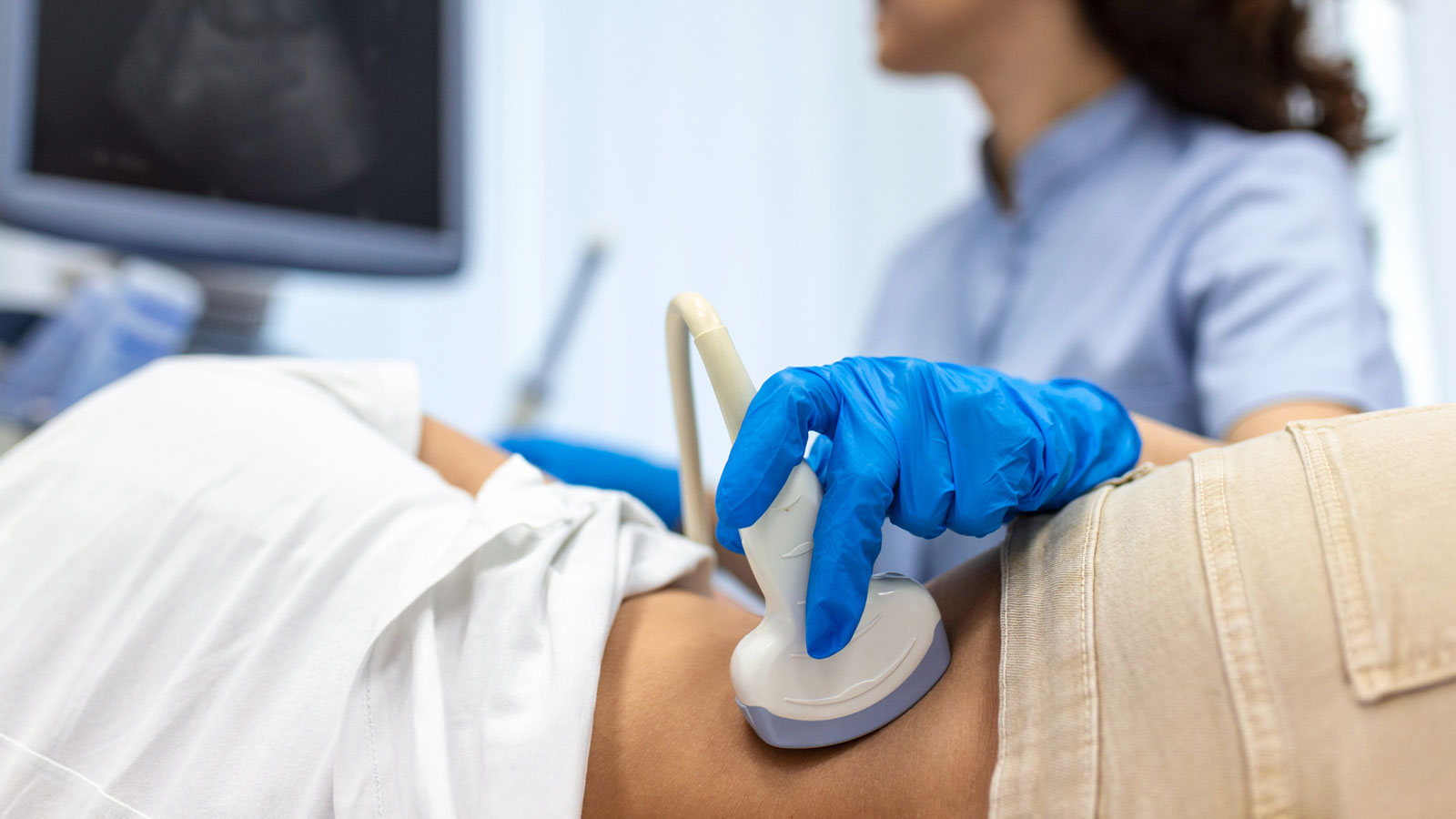
5 Stages of Chronic Kidney Disease

Best Foods for Kidney Health

High Blood Pressure and Chronic Kidney Disease

9 Tips for Maintaining Healthy Kidneys

Prayers Answered: Pastor Gatling on New Mission After Kidney Transplant

Signs You May Have Chronic Kidney Disease

5 Essential Winter Foot Care Tips When You Have Diabetes

Rare Kidney Autotransplant Gives Patricia More Time With Family

Your 10-Point Plan to Avoid Winter Weight Gain

Hepatitis C Kidney Transplant a Blessing For Lee Manns
Special Delivery Organ Transplant Gives Amazon Employee Second Chance

Surprising Symptoms May Signal Stroke In Women

8 Key Steps to Better Blood Pressure Control
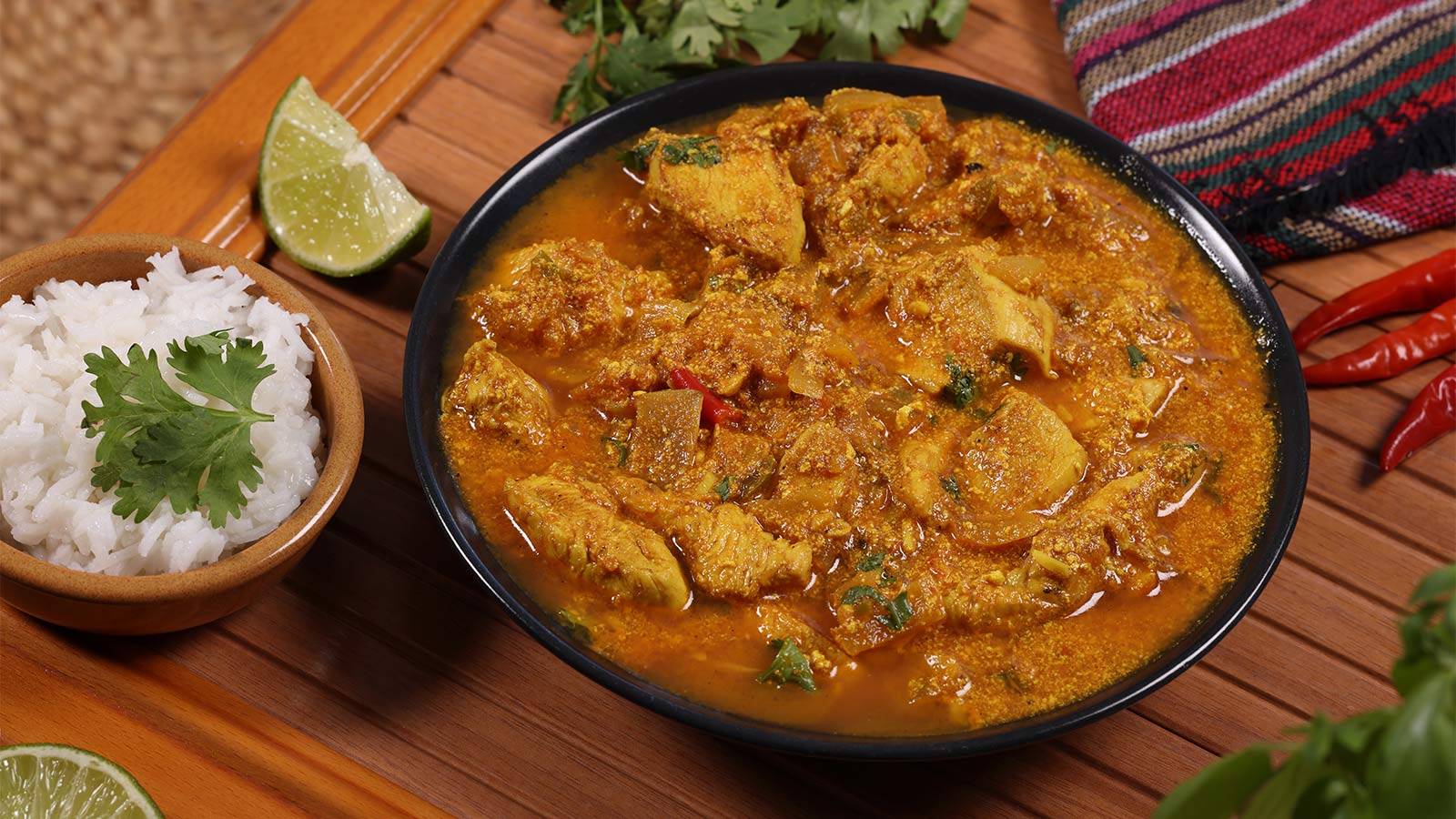
Gut-Healthy Recipe: Turmeric Chicken With Asparagus
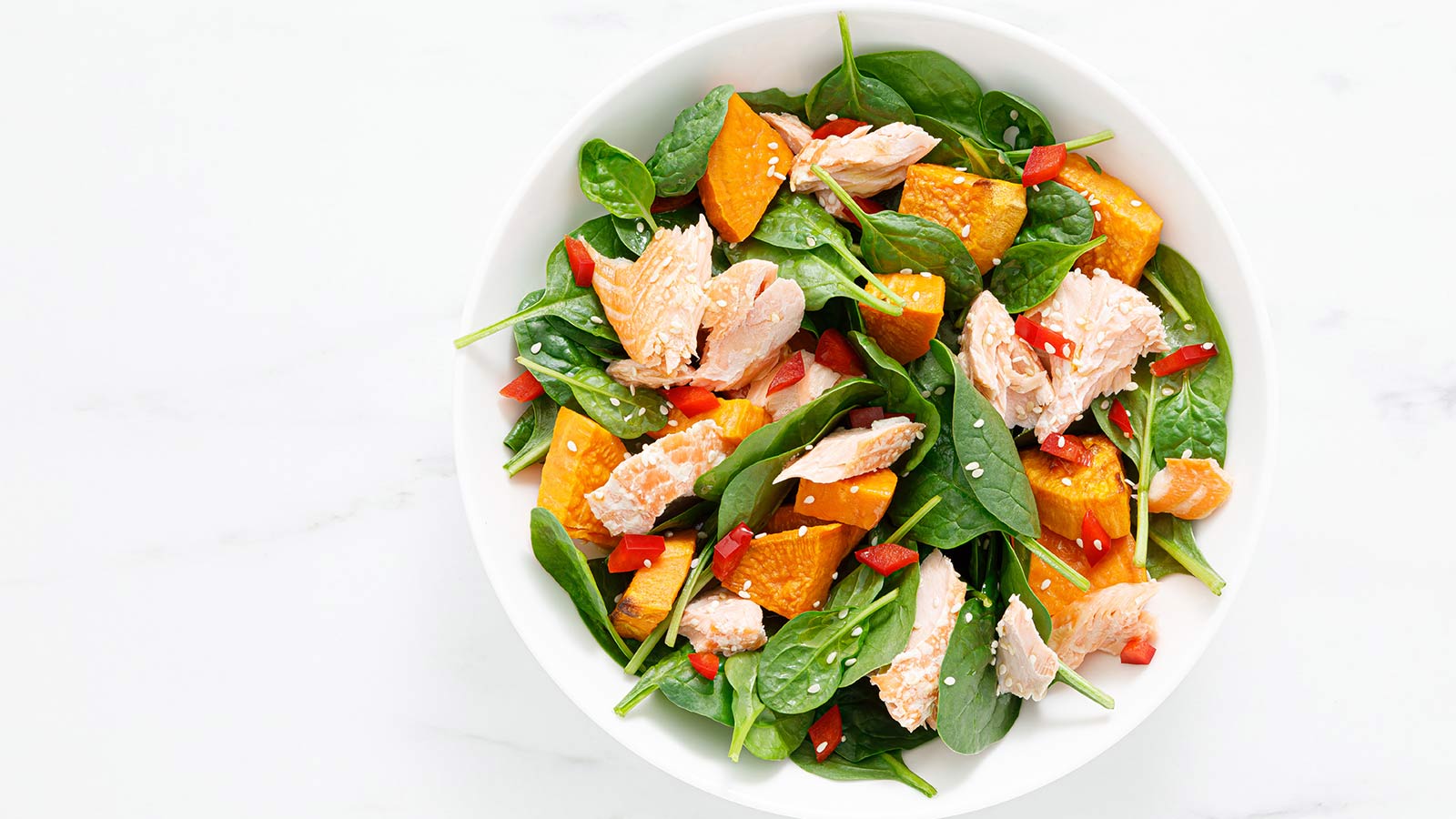
Gut Health Recipe: Chipotle Salmon and Sweet Potato Bowl

5 Back Stretches for the Work-From-Home Workweek

The HPV Vaccine: A Powerful Shield Against Cervical Cancer

How to Prevent and Treat Urinary Tract Infections

6 Numbers Key to Keeping Your Heart Healthy

4 Easy Ways to Treat and Prevent Runner's Knee

What is the 80/20 Diet Rule?

South Jersey Veteran Thrives After Cross-Country Kidney Donation

Five Mindfulness Tips That Can Help Heal Your Heart
Working from Home? Take a Quick Break to Stretch Your Wrists

Love Your Heart: Essential Care Tips for Every Stage of Life

How Do I Measure My Blood Pressure at Home?

How Do I Improve My Cholesterol Levels?

3 Ways to Reduce Your Stroke Risk
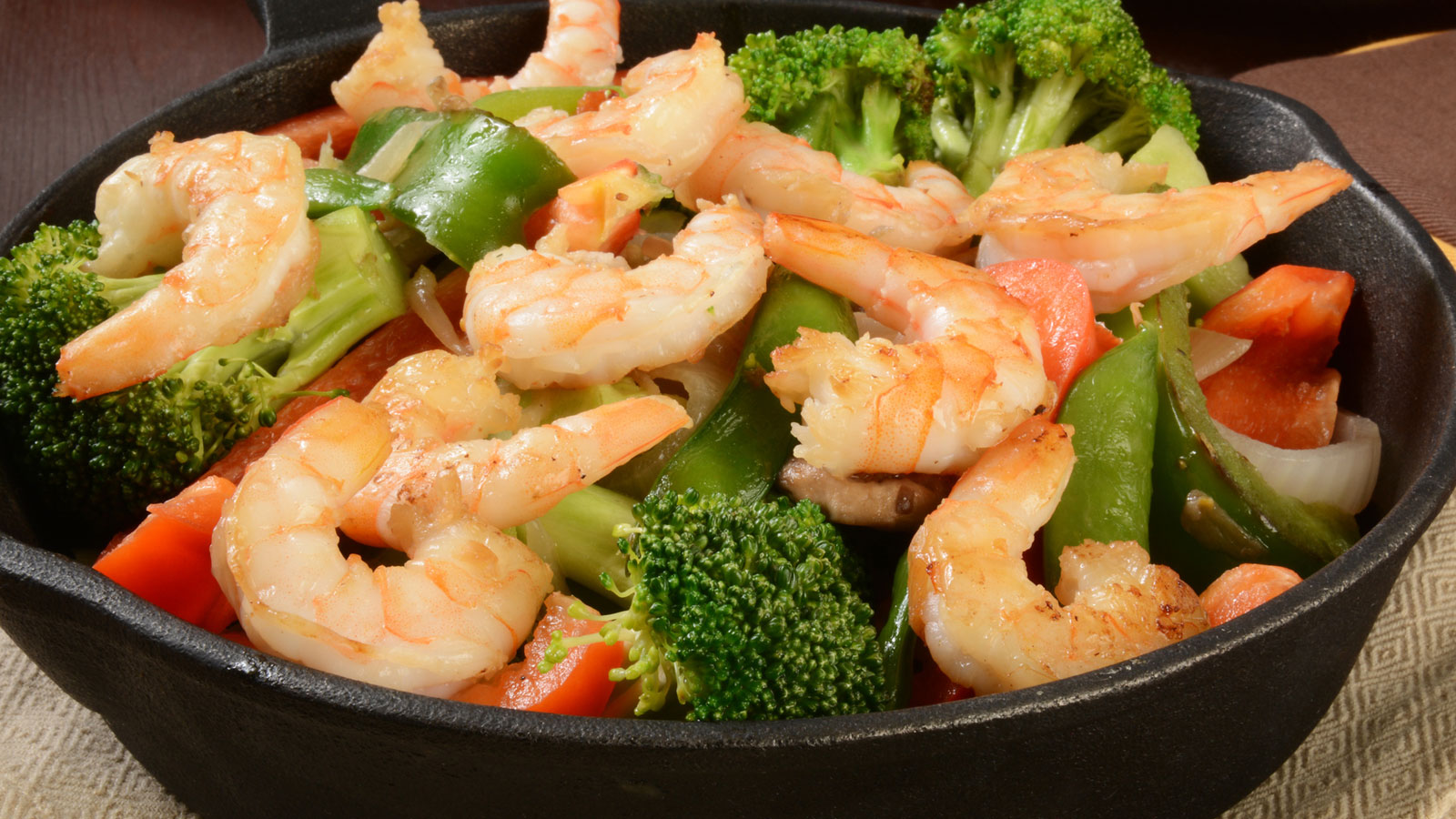
Gut-Health Recipe: Shrimp and Vegetable Stir Fry
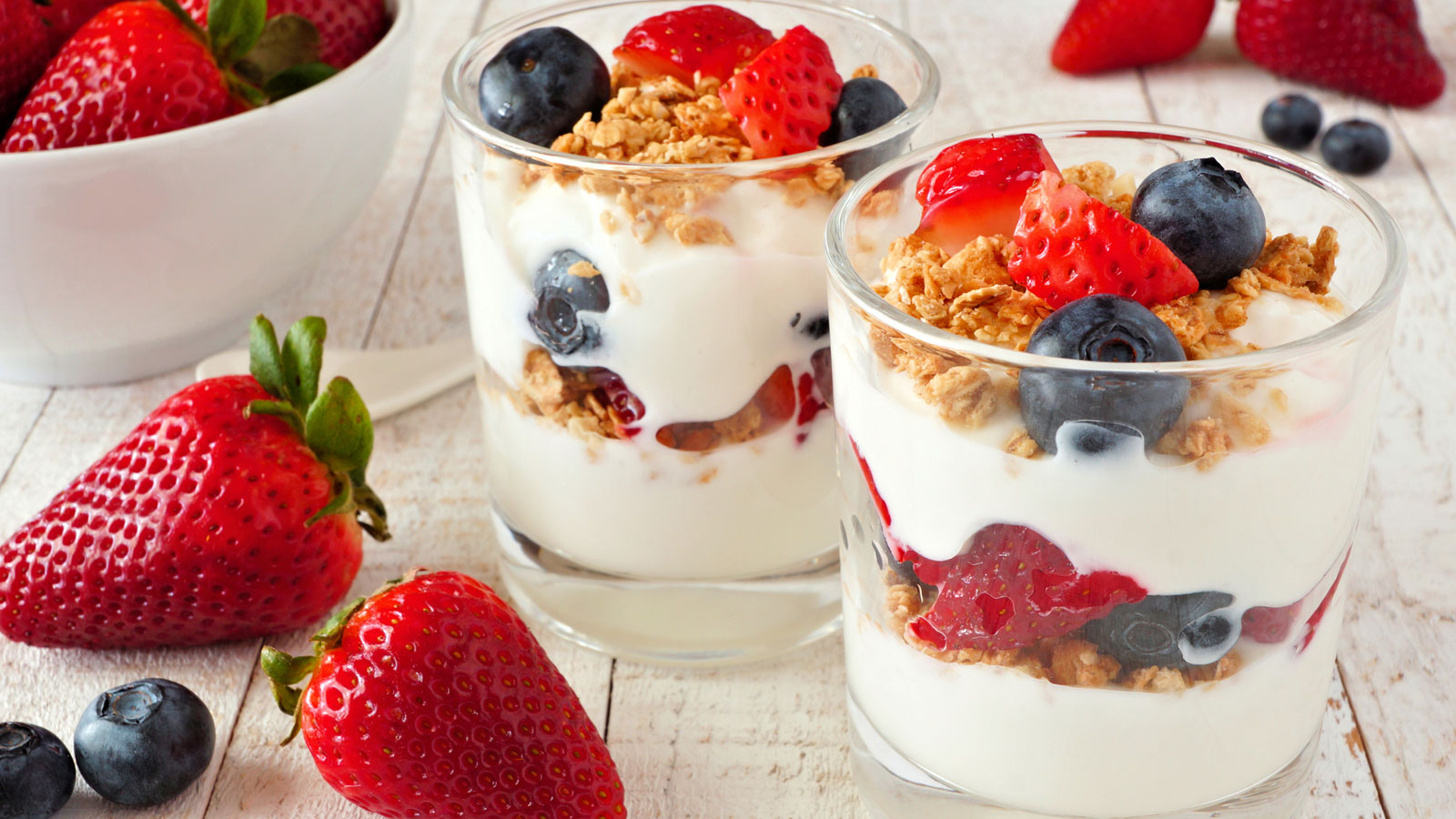
Gut-Health Recipe: Berry Yogurt Parfait
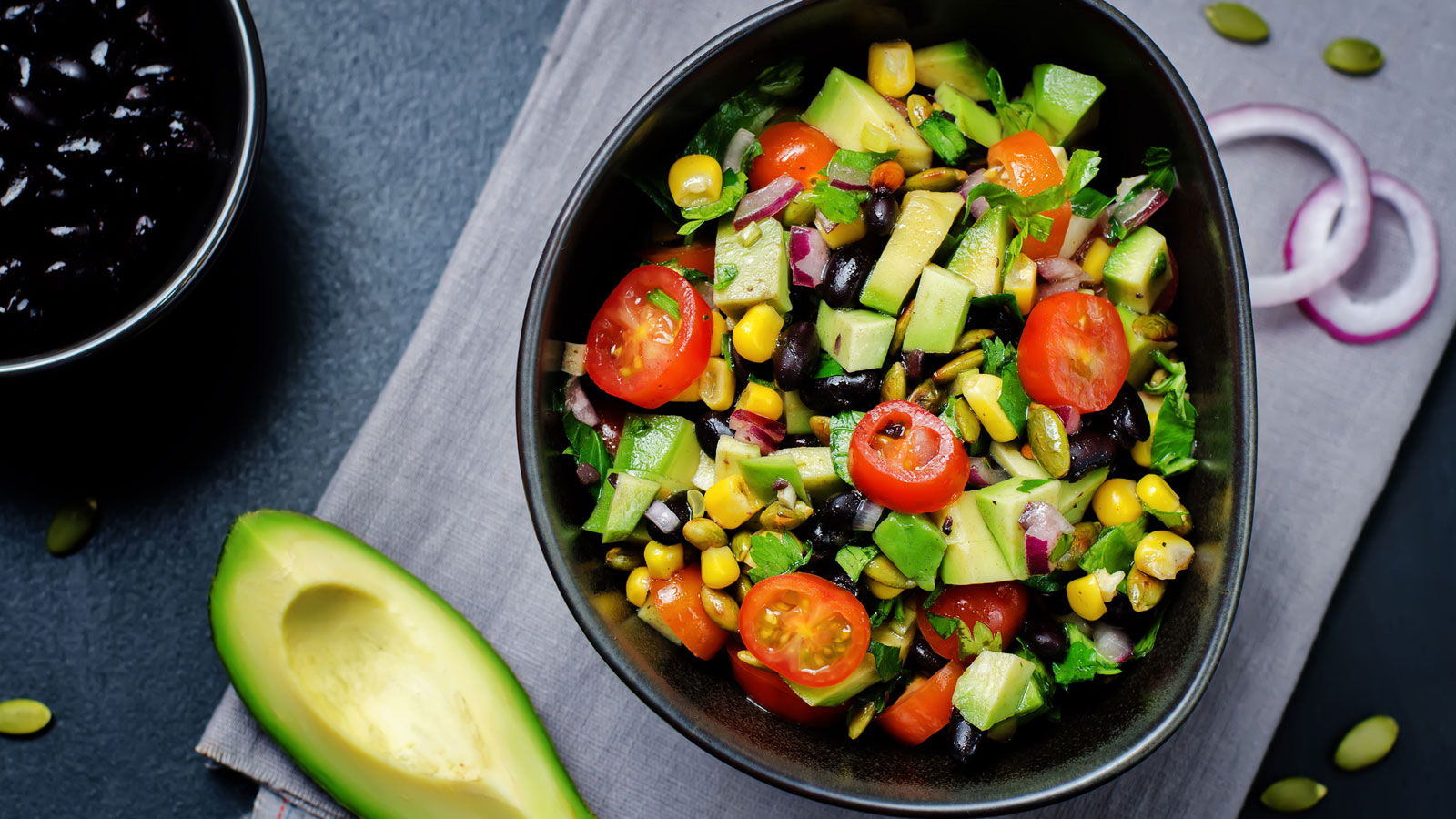
Gut-Health Recipe: Avocado and Black Bean Salad
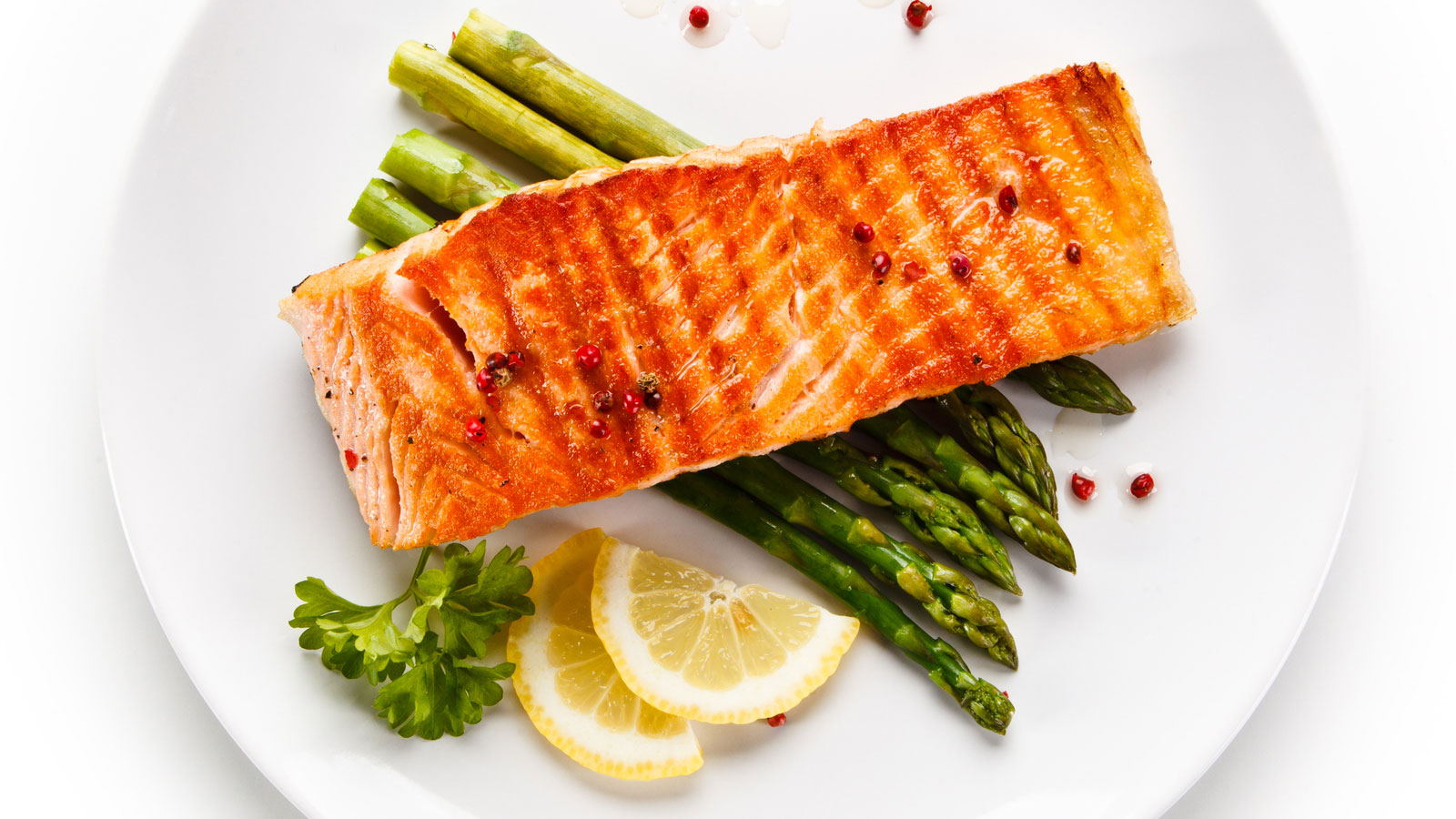
Air Fryer Salmon with Roasted Asparagus
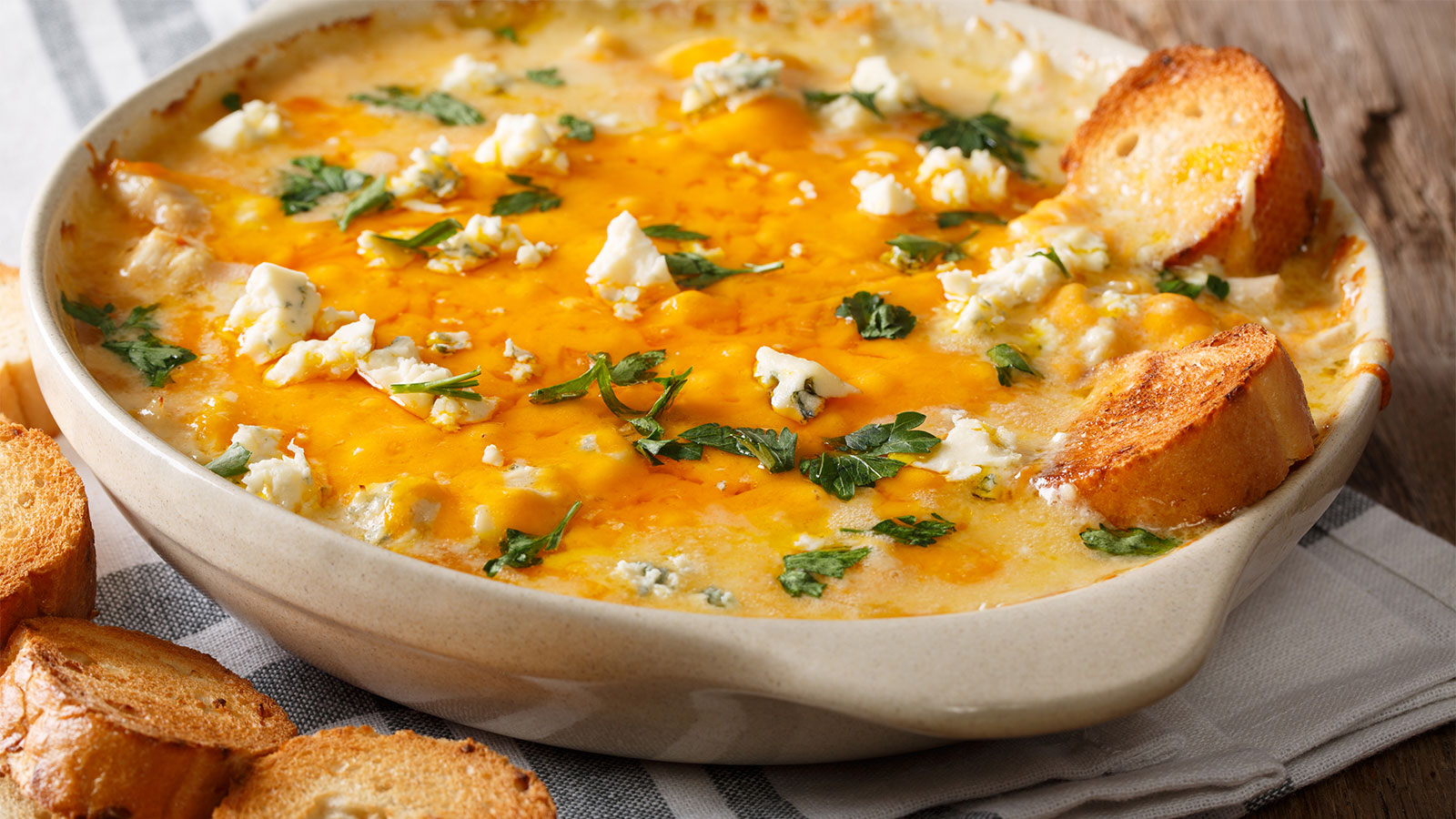
Healthy Gameday Snacks: Buffalo Chicken Dip
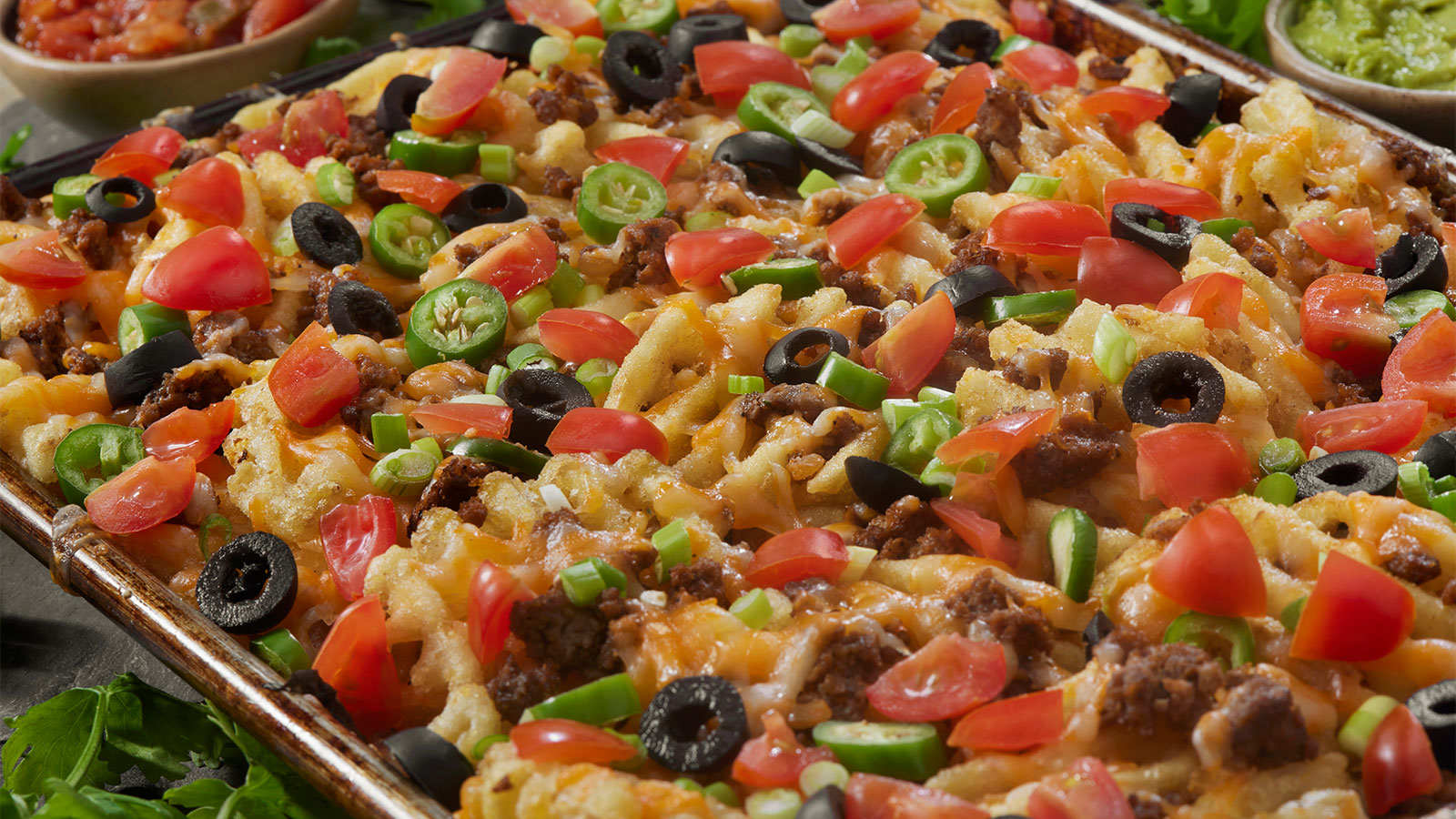
Healthy Gameday Snacks: Sheet Pan Nachos
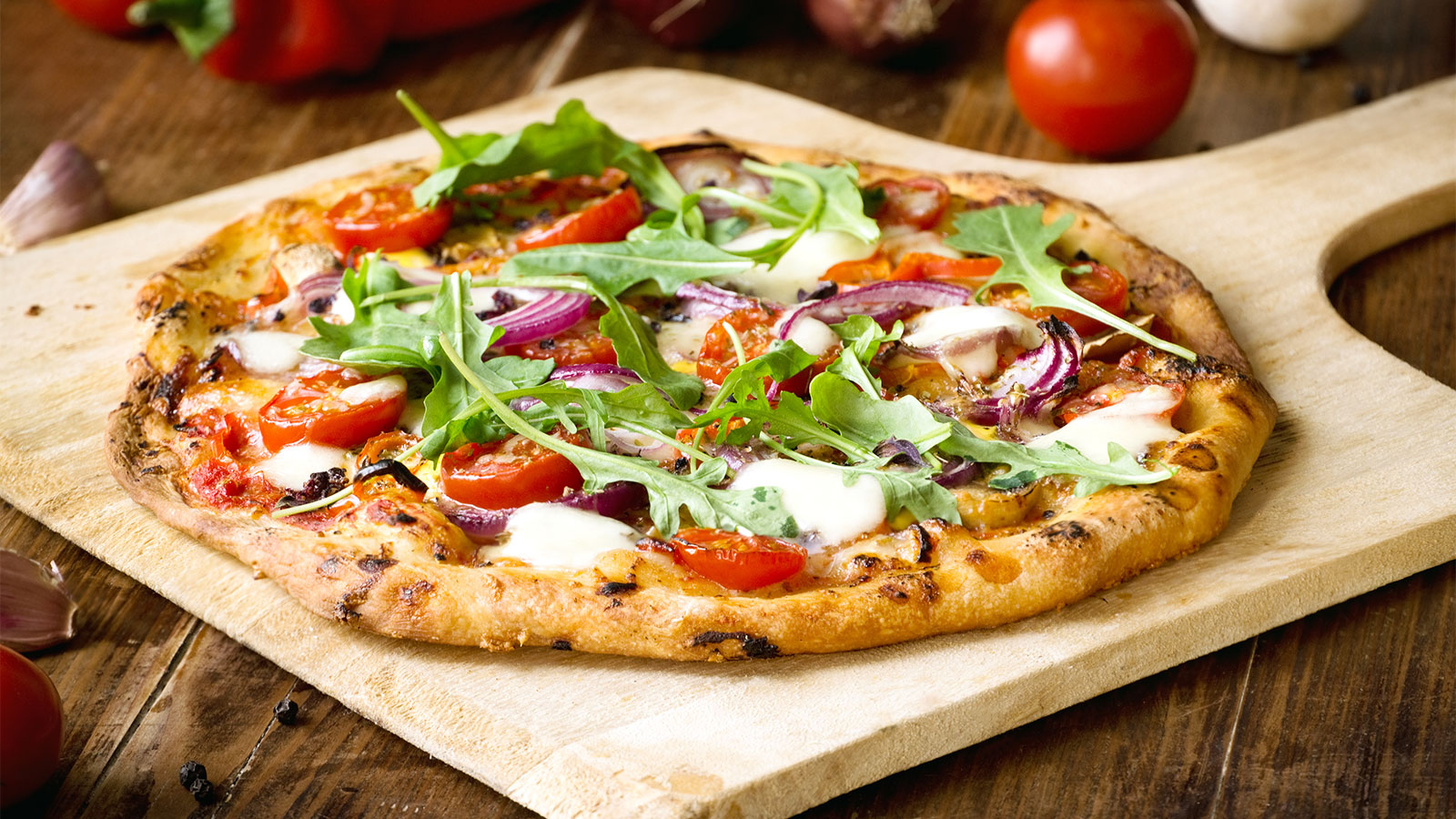
Healthy Gameday Snacks: Healthier Homemade Pizza
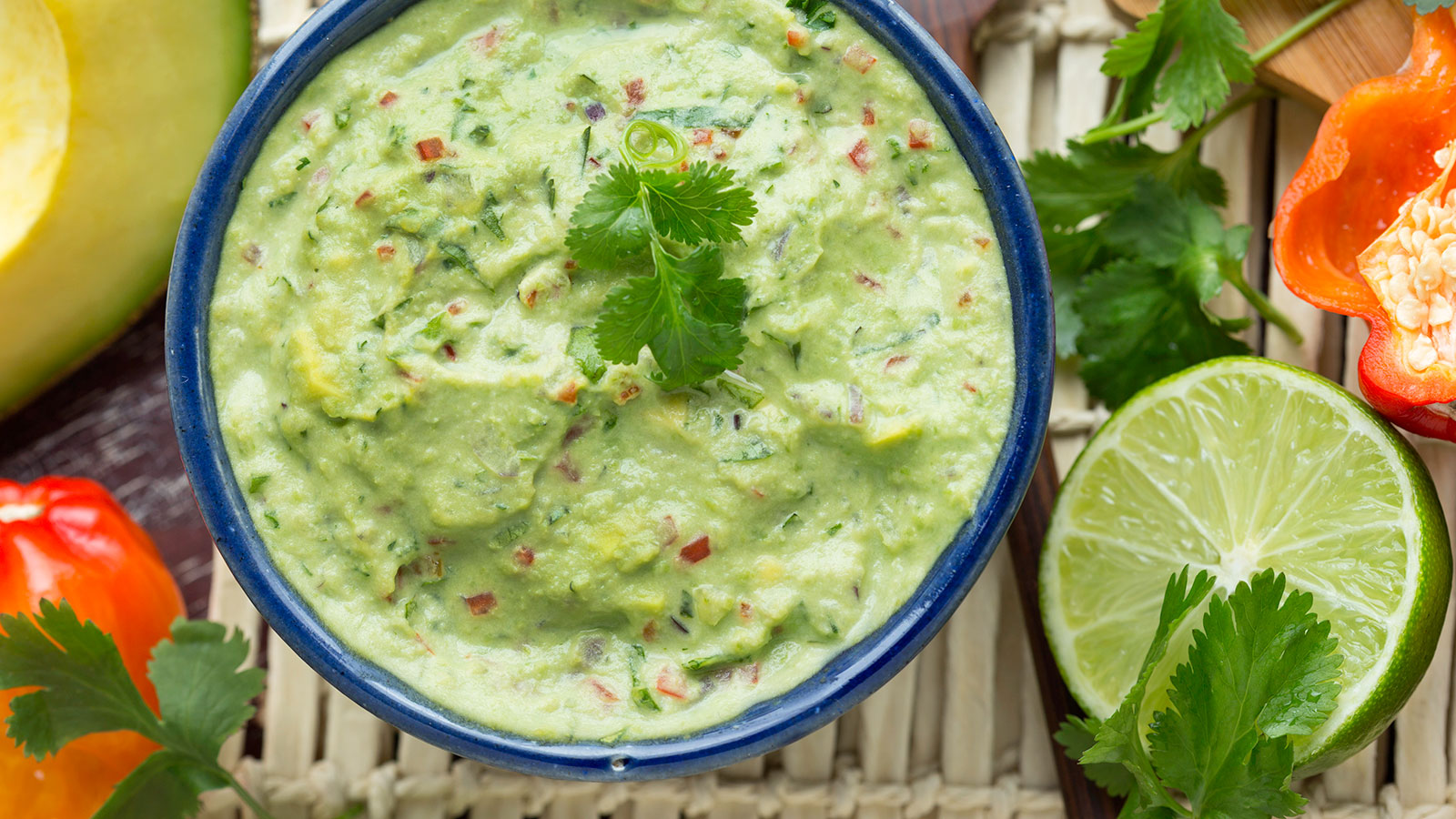
Healthy Gameday Snacks: Healthier Guacamole
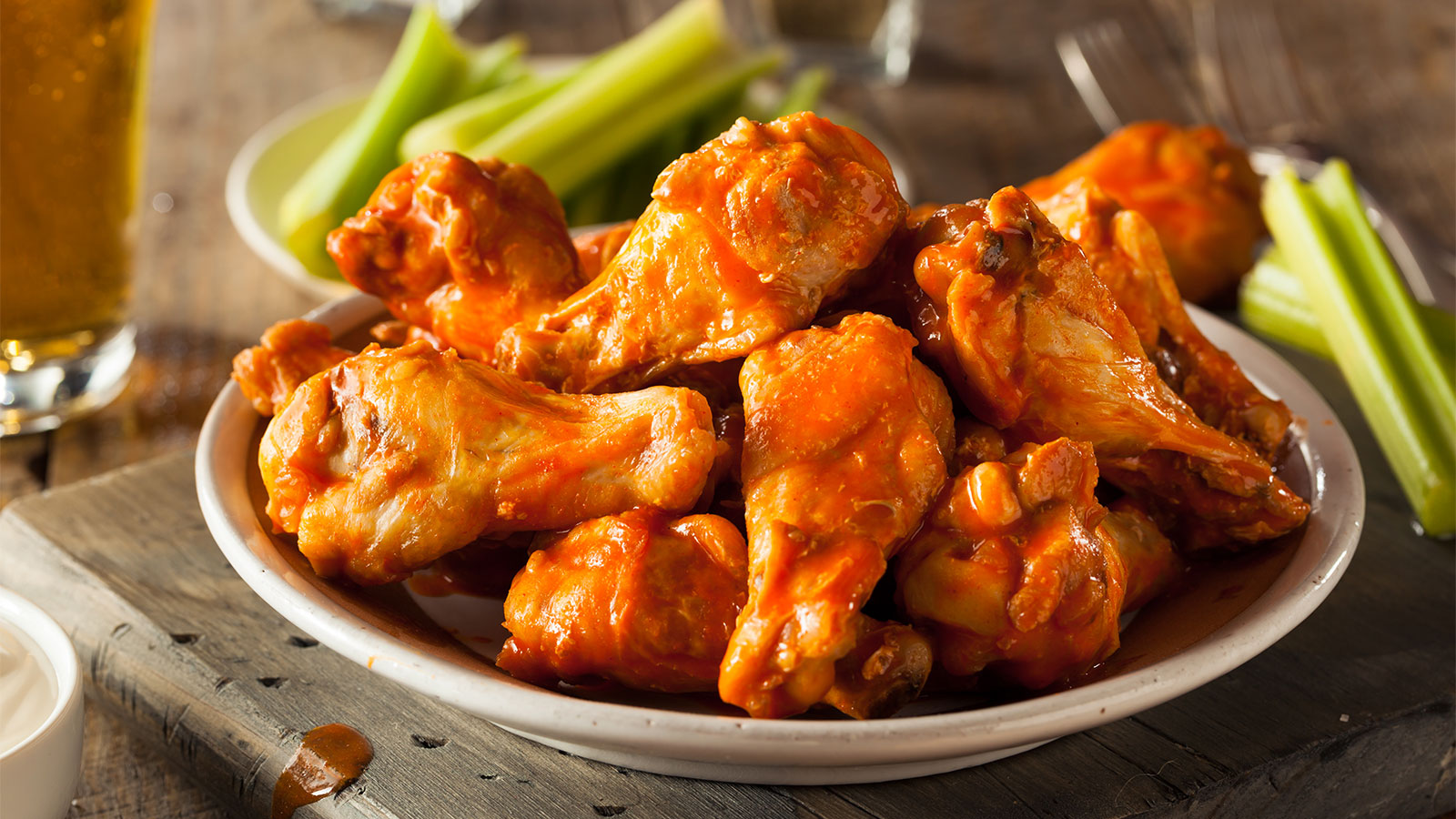
Healthy Gameday Snacks: Air Fryer Buffalo Wings

5 Delicious and Healthy Gameday Snacks

How Sex Keeps You Healthy as You Age

Protect Your Child From HPV and Related Cancers

Why IUDs Might Be The Most Effective Birth Control

5 Things You're Too Embarrassed to Tell Your OBGYN

4 Not-So-Crazy Questions to Ask Your Doctor

The Top 10 Foods For A Healthy Diabetes Diet
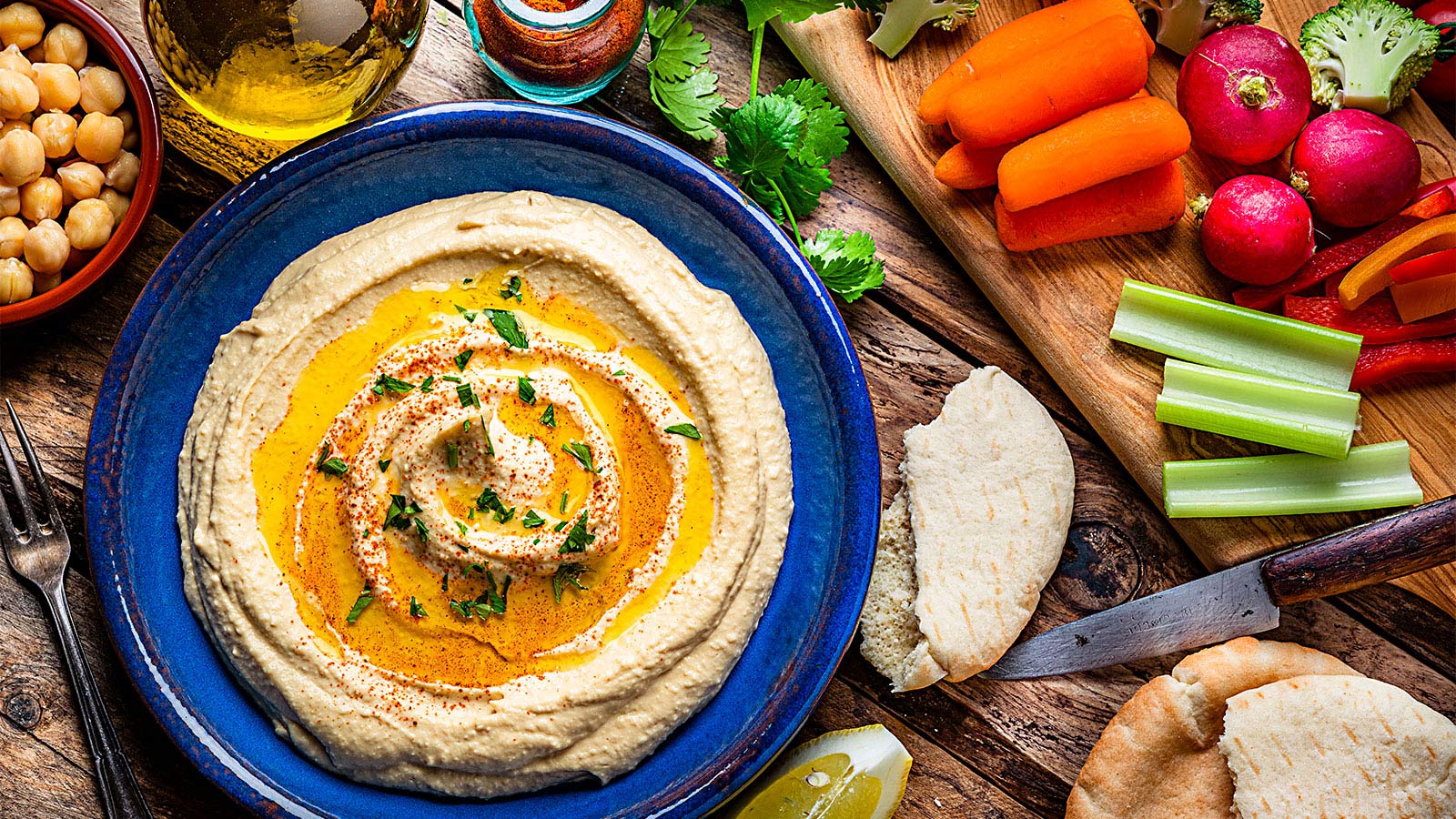
Heart-Healthy Summer Recipe: Hummus and Veggies

4 Delicious Heart-Healthy Recipes Perfect for Summer

Heart Healthy Summer Recipe: Dessert Parfait
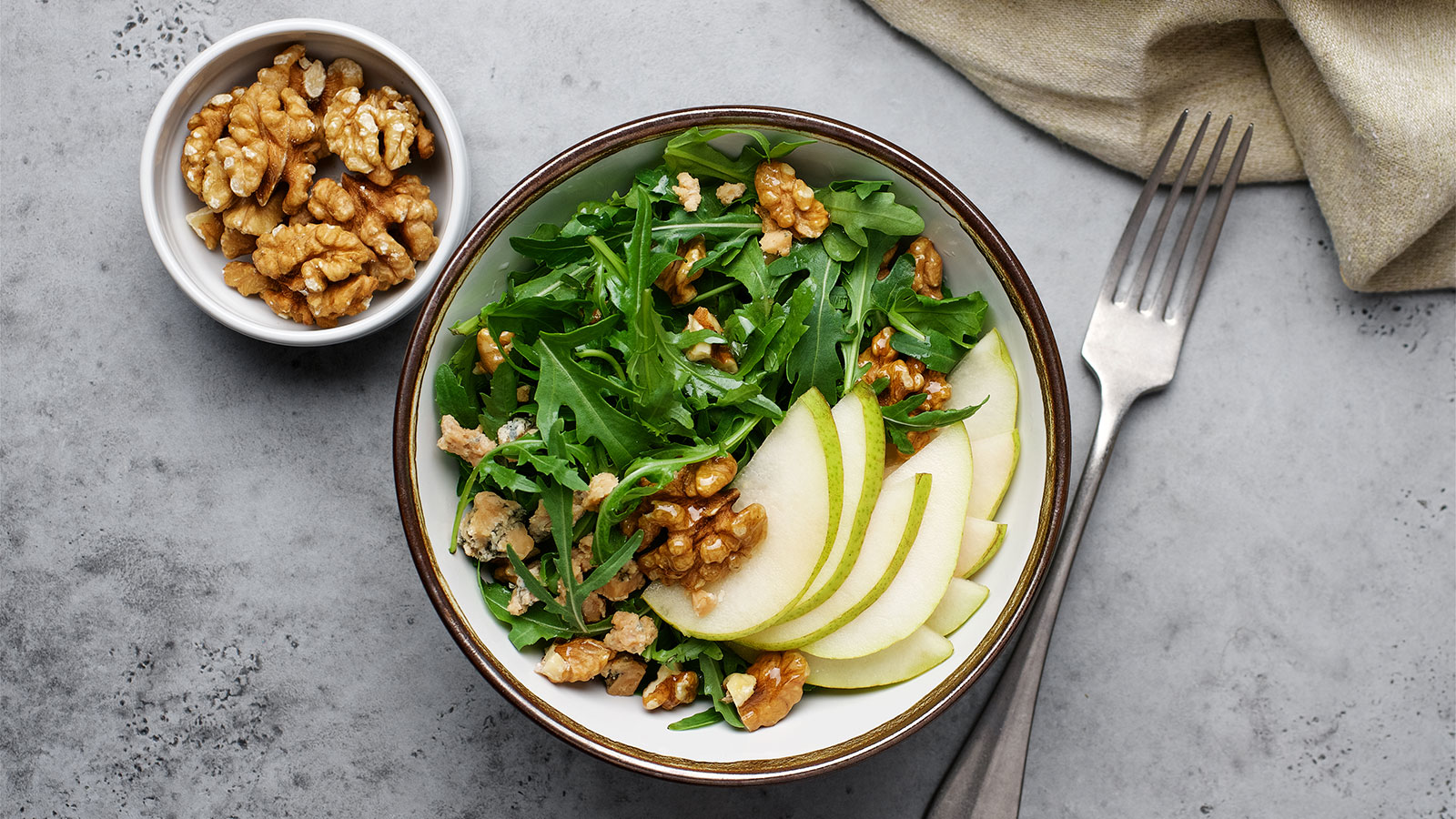
Heart-Healthy Summer Recipe: Pear and Walnut Salad
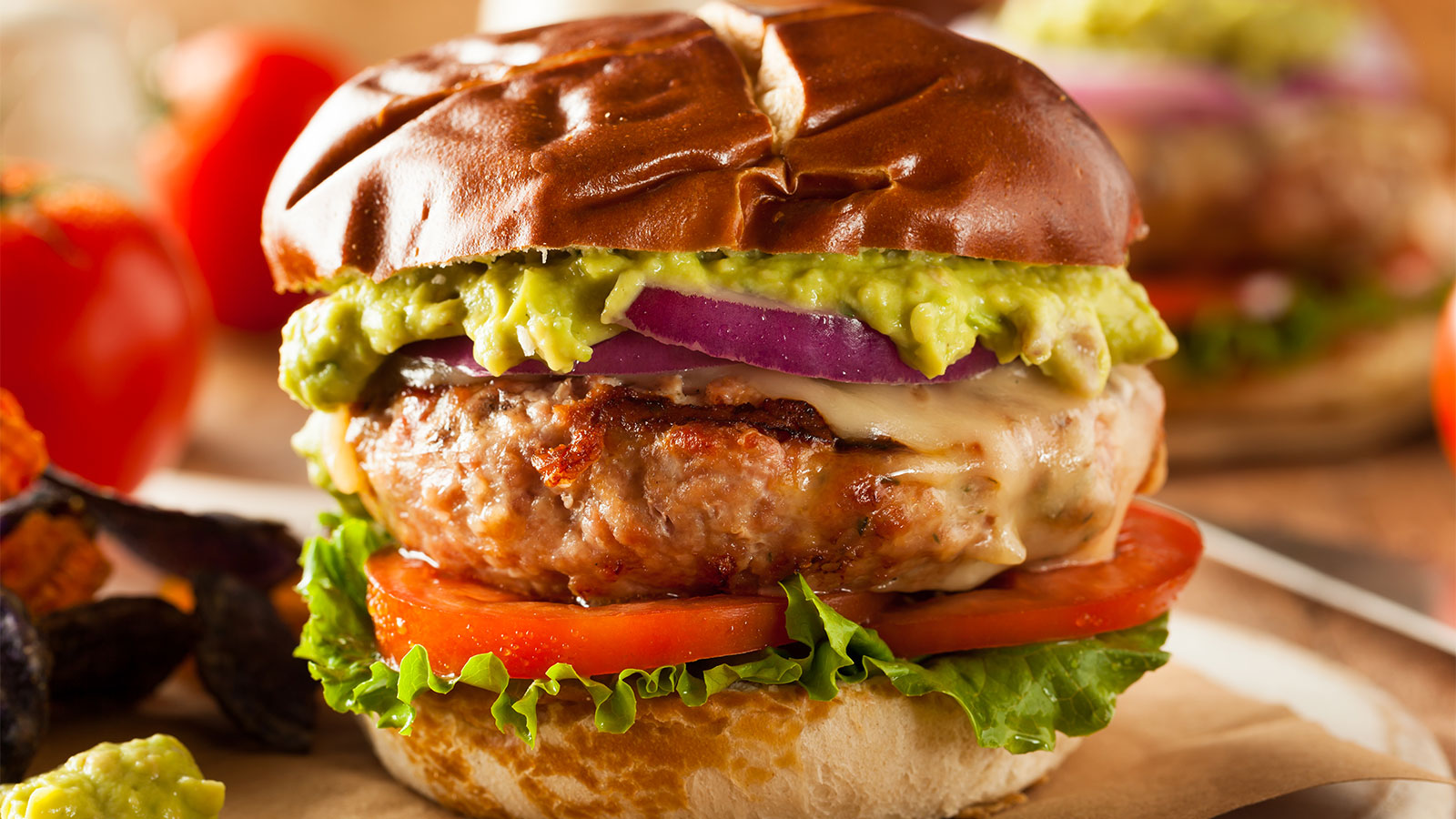
Heart-Healthy Summer Recipe: Terrific Turkey Burgers
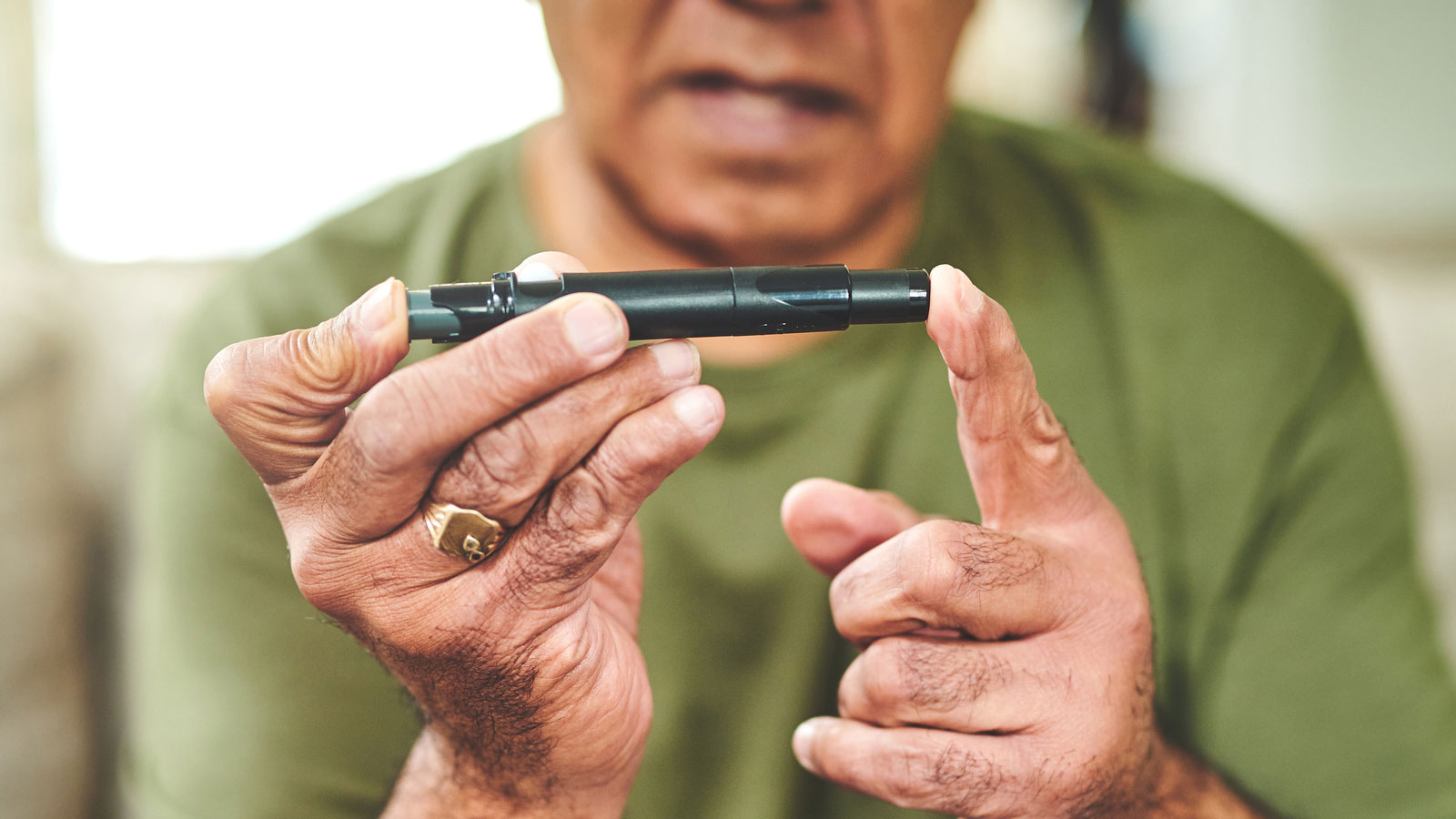
Are You At Risk For Chronic Kidney Disease

